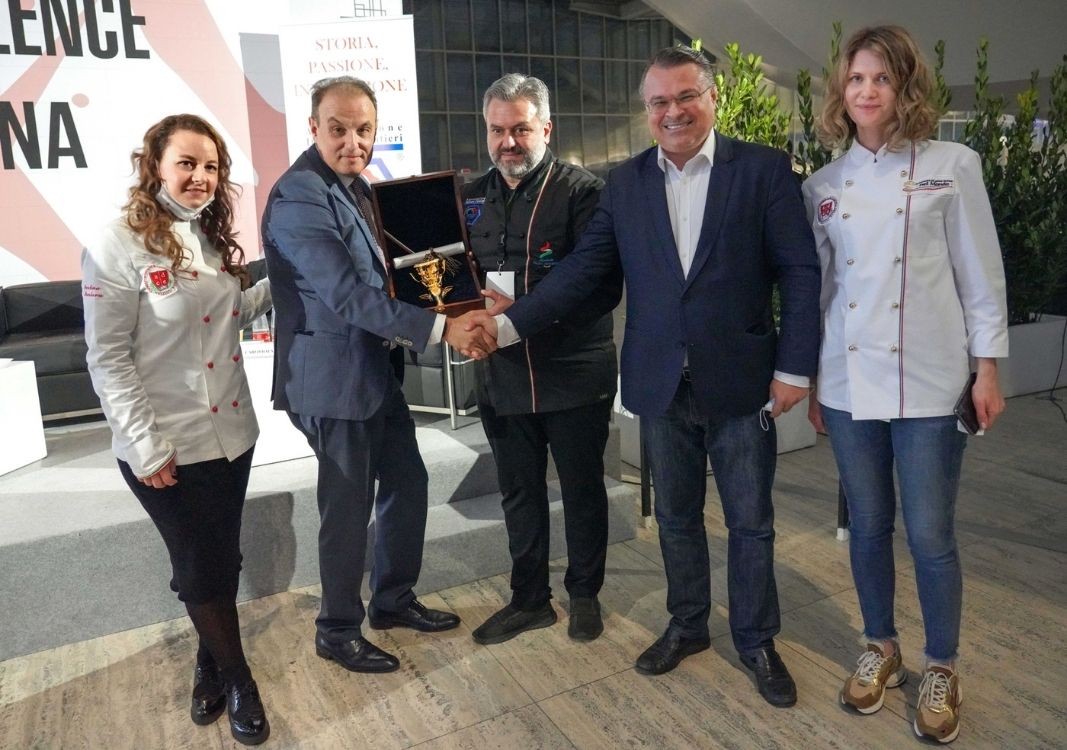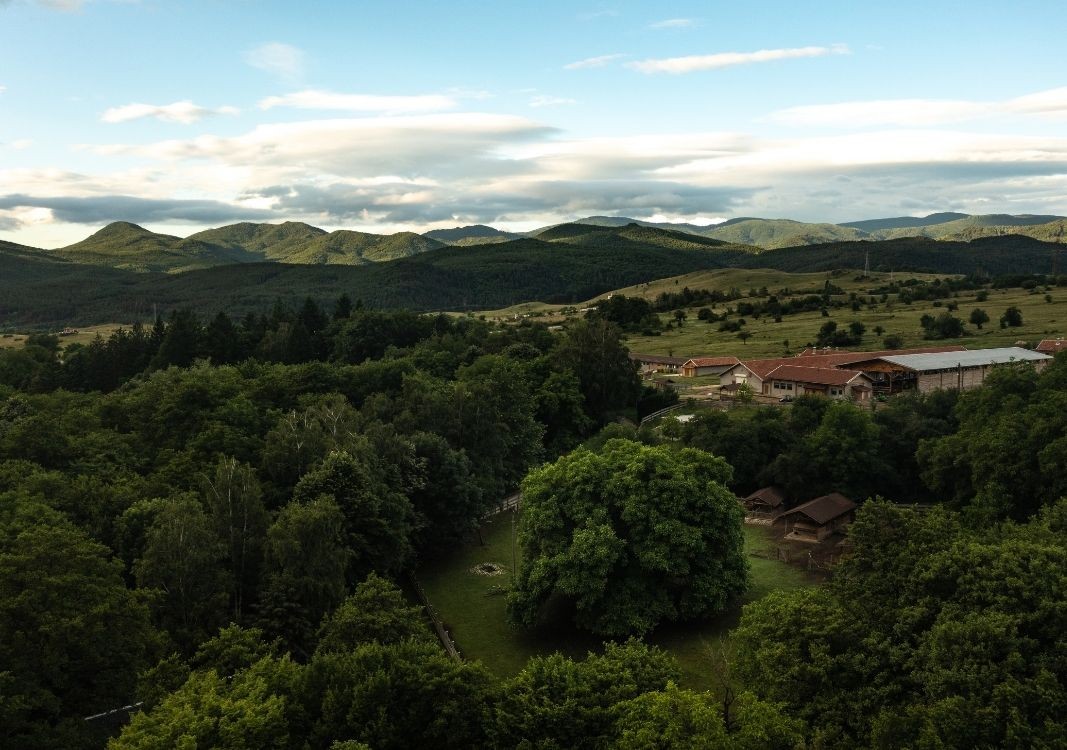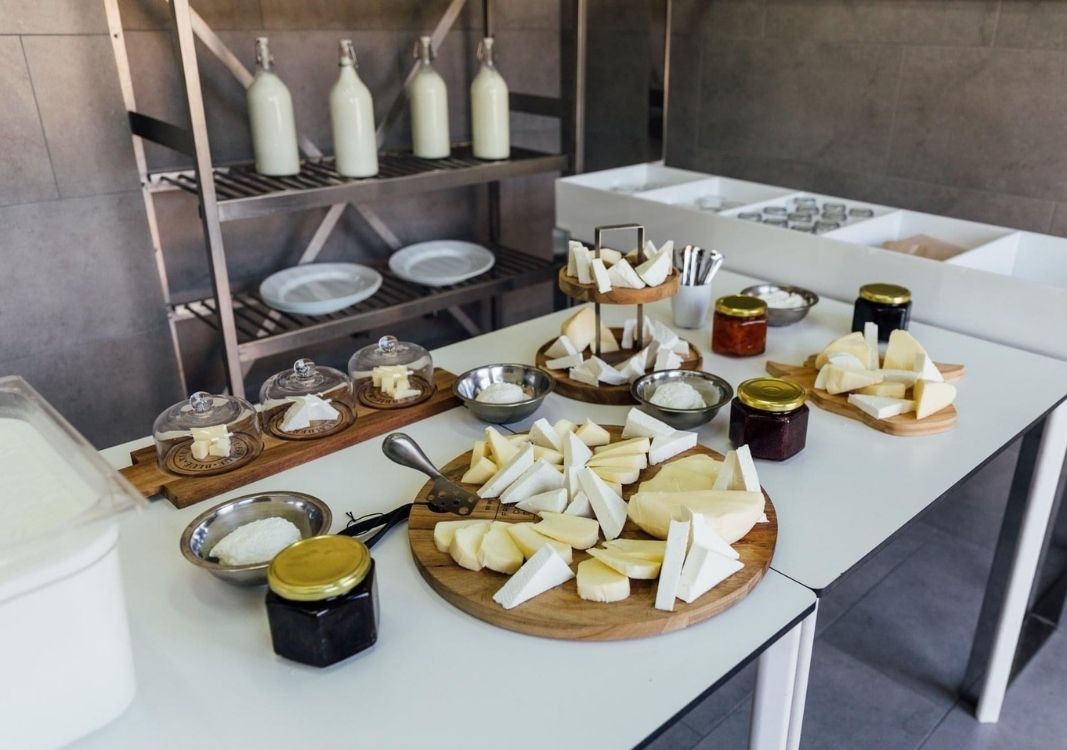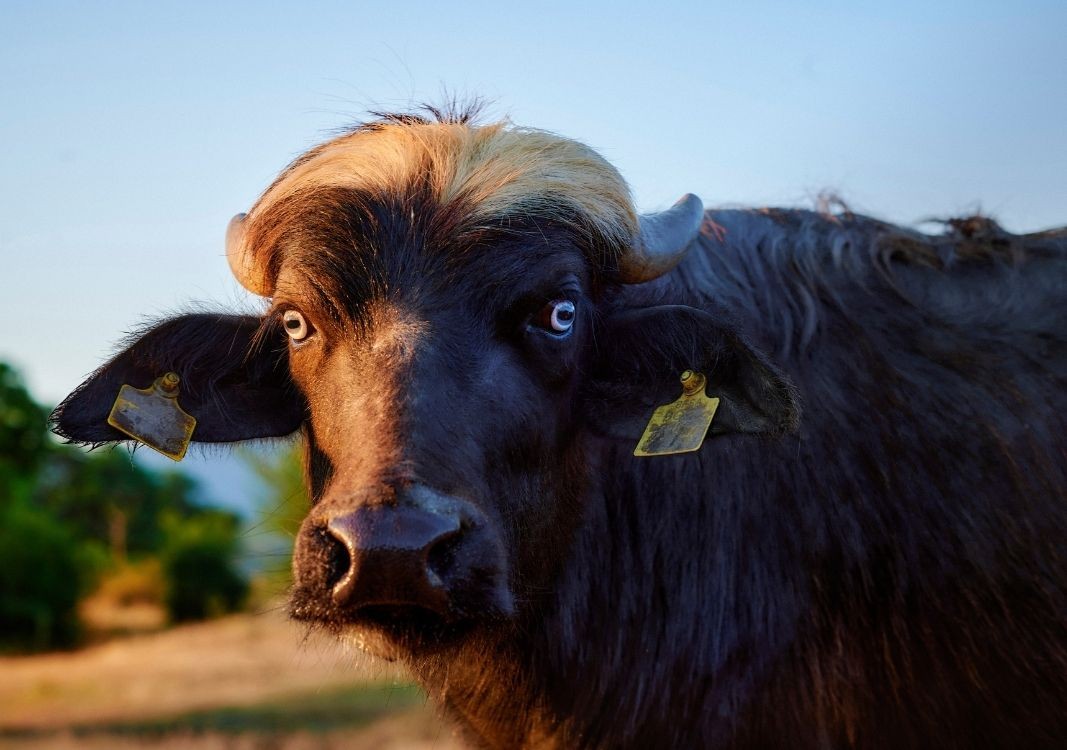Bulgaria is the only EU country which was included in the selection of the Gelato World Heritage convention in Rome, organized for the third time by the Associazione Italiana Gelatieri. A Bulgarian yogurt caused a sensation in the new flavours selection, produced at an organic farm near the colourful village of Rozino not far the town of Karlovo.
The Bulgarian-made product was awarded the special prize of L’Accademia del Gelato Artigianale Alberto Pica, named after the “king of gelato”. The participants in the competition were invited to make an ice-cream using traditional local ingredients and to present their country.

“We were awarded the prize after our work had been monitored for months. It was awarded for overall performance, as well as for transparency in our work connected with the technology and the ingredients used in the ice-cream,” says Mirella Yanakoeva, business development manager at the organic farm and adds:
“Our biggest advantage is that we produce the dairy raw materials for our ice-cream ourselves. We have an organic farm, and we use the products from it, and the raw material itself. And because we had to present Bulgaria with the traditional yogurt, we bet on buffalo milk yogurt, and on wild blueberries.”

A traditional Bulgarian technology is used to make the buffalo milk yogurt, based on the fermentation of the unique Lactobacillus Bulgaricus, well known for its health benefits. The ice-cream from Rozino was a real sensation – because of its flavor but also because of the way it looks, and the message it conveys. “We added blueberry to the ice-cream for a reason,” Mirella Yanakieva says and adds:
“The blueberries are picked from an area next to an old Roman road close to the farm that was used by Attila the Hun to travel to Rome to conquer it. So, we added a dash of symbolism to our product, presenting the ancient historical bond between Italy and Bulgaria. That is why we called the gelato flavor “Attila”. And we topped it with white chocolate which we dyed green using natural products. That was how we presented the biodiversity typical of our farm and of the entire region.”

Besides trying to produce the colours of Bulgaria’s national flag, the authors of the Attila-flavoured ice-cream have a serious message to convey: “We would like people to consider what kind of treasures they are leaving to the coming generations. Are they going to have the chance to enjoy buffalo milk yogurt from happy buffalo cows or the taste of real wild blueberries?” Mirella Yanakoeva asks.

There are 70 happy buffalos of the Bulgarian murrah buffalo variety grazing freely in the Rozino organic farm, side by side with 70 Jersey cows – a breed with a low milk yield, though with a very high fat content. And because the farm is in the heart of Rose Valley that is where the famed Bulgarian Rosa Damascena is grown. Two years ago its technologists were lauded by foreigners for their rose-based gelato.
“We received many inquiries about our recipes and our technologies, especially from Italians, it was a way to present the Bulgarian rose, but in a more original way,” Mirella Yanakieva says.
Photos courtesy of the organic farm
Shepherd of the soul, priest of all with open hearts, modern prophet – these are some of the definitions with which Pope Francis remains in the memory of people regardless of affiliation and faith. In 2019, he visited Bulgaria,..
"The socio-political processes among the Bulgarian communities in Albania and Kosovo from the early 19th century to the present, and the influence they have on the demographic development and territorial distribution of our compatriots in these..
Today we mark the 105th anniversary of the birth of academician Valeri Petrov - poet, novelist, screenwriter, playwright and translator. Born in Sofia on 22 April 1920 under the name of Valeri Nissim Mevorakh, he graduated in medicine from Sofia..
The Speaker of the National Assembly Natalia Kiselova will today award the winners of the 32nd Children's Easter Festival in the Serbian town of..
A colorful Easter celebration under the slogan “Let’s sing and dance on Easter, on the square” will take place today in the open air in the town of Stara..
President Rumen Radev's "Support a Dream" charity initiative has attracted the support of musicians, stylists, designers and donors, the head of state's..

+359 2 9336 661
